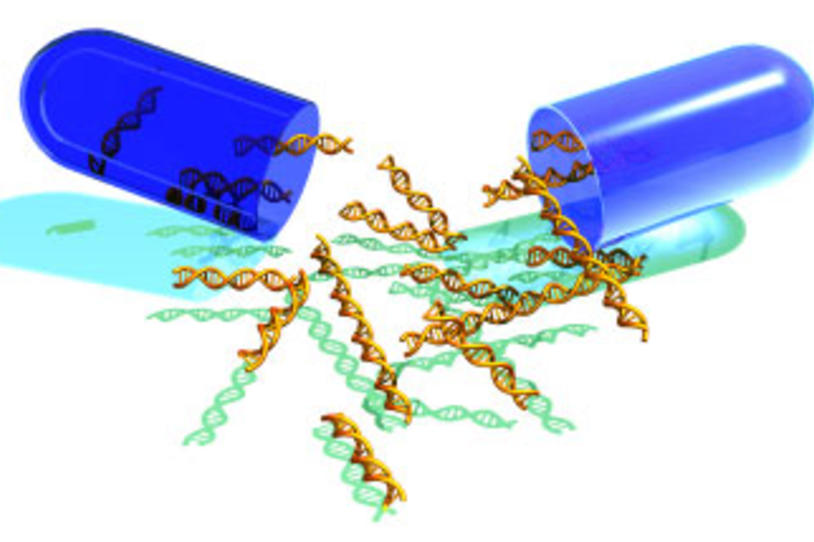
Today, a blow against the development of a much-watched Alzheimer’s disease (AD) drug candidate, as Pfizer announced negative results from a phase 3 clinical trial of bapineuzumab. The drug did not show any positive change in the cognitive and functional performance of trial participants when compared to placebo.
Last week, we reported that a rare genetic mutation that might protect against AD had been discovered. That study, published in the journal Nature, found that this particular mutation limits brain accumulation of plaques of a protein called beta amyloid that many think may play a role in AD. But these latest negative results surrounding bapineuzumab could call this theory into question, or at least alter the way scientists think about beta amyloid’s role in the disease, says The New York Times:
Bapineuzumab is the latest of several drugs aimed at clearing beta amyloid or preventing its formation that have failed to work in clinical trials. The failures have raised questions about whether beta amyloid really is the culprit behind Alzheimer’s disease.
But some experts say the drugs are being tried too late in the course of the disease and would be best used to prevent the formation of amyloid plaque rather than to try to destroy it after it has formed.
‘All these symptomatic trials are 25 years too late,’ said Dr. Samuel Gandy, director of the Center for Cognitive Health at the Mount Sinai School of Medicine in Manhattan, explaining that plaque begins to build as much as 25 years before Alzheimer’s symptoms appear. ‘I’m not terribly surprised and I’m not discouraged’ by the results of the bapineuzumab trial, he said.
Neither is Kuldip Dave, PhD, associate director of research programs at The Michael J. Fox Foundation (MJFF). He says that there are many different approaches to targeting beta amyloid. One negative clinical result into just one of these approaches doesn’t mean the underlying hypothesis is incorrect.
Parkinson’s disease (PD) researchers are developing therapeutic approaches that target clumping of another protein, called alpha-synuclein, which is common to the brains of people with PD. But as is the case with beta amyloid and AD, researchers have yet to zero in on the specific role that alpha-synuclein plays in PD. A major question: Is alpha-synuclein causative, or does it instead represent the body’s attempt to ward off processes that are actually causing the disease?
MJFF is currently funding researchers to address several different hypotheses surrounding alpha-synuclein’s role in PD. The findings around bapineuzumab do not impact that research in any way, adds Dave.